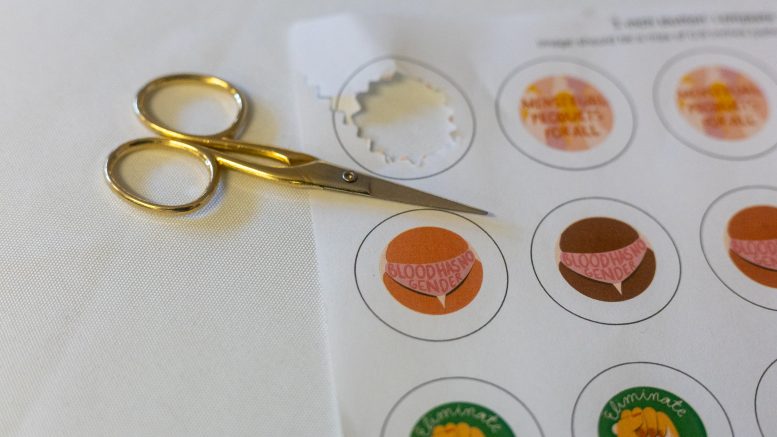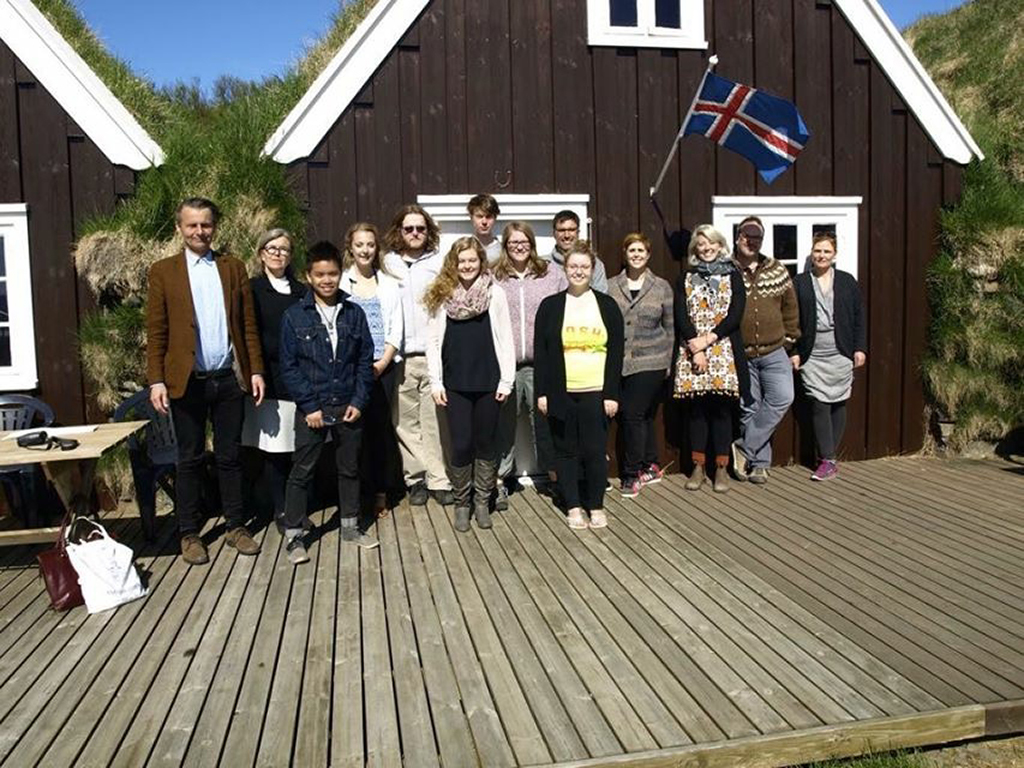Volunteers for the Period Poverty and Equity on Campus and Beyond project at U of M’s Fort Garry and Bannatyne campuses have found significant room for improvement when it comes to to reaching menstrual equity across the institution.
The main issues found throughout the audit were gender inequity and a lack of products across both campuses. During their work on this project, Hunter noticed the lack of disposal bins in men’s washrooms, which could cause problems for many.
The Menstrual Products Pilot Program initiated by UMSU last year — which provided free menstrual products in 10 washrooms across the U of M — did not provide menstrual products in any men’s washrooms.
“Periods are not binary,” said volunteer auditor for the project Mikayla Hunter, who audited the over 100 washrooms on the Bannatyne campus on their own.
Hunter was critical of the UMSU pilot project for only including one of the 10 washrooms involved in the project was at Bannatyne campus.
Research assistant Hannah Belec highlighted the disparity of available products across the Fort Garry campus.
She said after researchers compile data from the audit, it will be made into a report to be released to the public and presented to the university.
Research assistant Victoria Romero hopes that the data compiled will show the U of M that a university wide menstrual equity plan is a “necessary initiative.”
As part of the project’s initiatives, U of M students and staff had the chance to take part in a button making workshop to highlight the importance of menstrual equity.
Project co-ordinator Chloe Vickar said the workshop was a “meaningful opportunity” to be part of a community with others to discuss the audit and experiences of menstruation on campus.
“Menstruation can be a really isolating experience,” she said.
Vickar reiterated the importance of menstrual equity being a gender-inclusive project.
“Not all women menstruate, not all people who menstruate are women.”
Looking toward alternatives to the U of M’s current situation, Vickar pointed to McGill University, where students are charged a 90 cent fee per semester, which provides menstrual products for students who need them.
Vickar suggested that when it comes to expanding menstrual equity at U of M, there’s room for funds to be reallocated.
To continue pushing the project forward, Romero would like to see collaboration with UMSU, similarly to the initial project launched last year. Romero, who was the UMSU vice president advocacy at the time of the program’s launch, worries that many at the university are unaware of the project.
Romero hopes that the compiled data will also help UMSU advocate for menstrual equity on campus after the report is complete.




